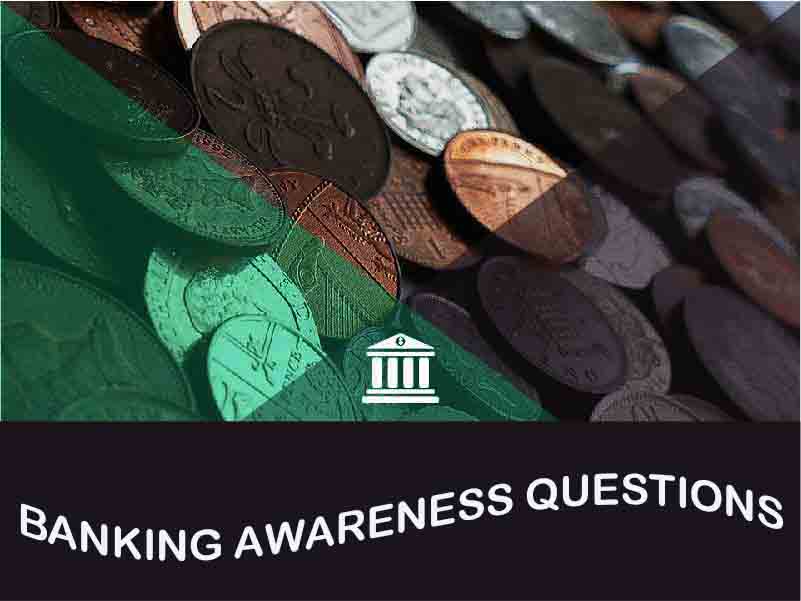Special Economic Zones (SEZ)
SEZ is a geographical region that has economic laws different from a country’s typical economic laws. Usually the goal is to increase foreign investments.
Who can set up SEZs? Can foreign companies set up SEZs?
Any private/public/joint sector or state government or its agencies can set up an SEZ.
What is the role of state governments in establishing SEZs?
State governments will have a very important role to play in the establishment of SEZs. Representative of the state government, who is a member of the inter-ministerial committee on private SEZ, is consulted while considering the proposal. Before recommending any proposals to the ministry of commerce and industry (department of commerce), the states must satisfy themselves that they are in a position to supply basic inputs like water, electricity, etc.
Concerns:
Currently, many tax and duty incentives have been offered to SEZ units and developers in the SEZ policy to help them attract investments, and in turn, generate employment and boost exports. However, the proposed GST regime does not provide clarity on these SEZ-related incentives.
Way ahead:
Commerce Ministry has asked the Finance Ministry to continue incentives that are currently provided to the SEZs.
As per the current norms, SEZs are tax and duty-free enclaves and are deemed to be foreign territory for purposes of taxes, duties and trade. Other exemptions provided include:
- Duty-free import and duty-free domestic procurement of goods for development, operation and maintenance of SEZ units.
- No Central Sales Tax (CST), service tax and State sales tax.
- Exemption from customs/excise duties for development of SEZs for authorised operations approved by the SEZ Board of Approval.
- No excise duty on raw material procurement by SEZs from Domestic Tariff Area (or DTA, which is the area outside the SEZs but within India) as such procurement is treated as exports from DTA to SEZ.
Doubts over GST Implementation:
The Commerce Ministry has raised with the Finance Ministry the Special Economic Zone (SEZ) sector’s concerns about the lack of clarity in the proposed Goods & Services Tax (GST) regime on the continuation of tax & duty exemptions.
According to the Commerce Ministry, many tax and duty incentives have been offered to SEZ units and developers in the current SEZ policy to help them attract investments, and in turn, generate employment and boost exports.
As per the current norms, SEZs are tax and duty-free enclaves and are deemed to be foreign territory for purposes of taxes, duties and trade. Parliament recently passed the amended GST Bill.
The proposed GST regime will subsume central & state level taxes, and the new model will include a Central GST, IGST for inter-state supplies and SGST for intra-State supplies.
























